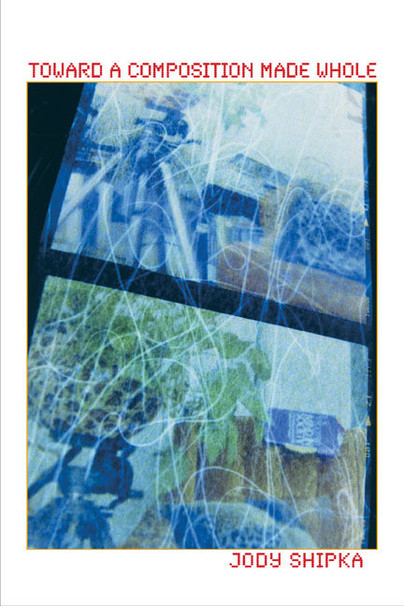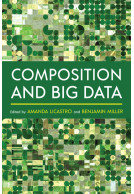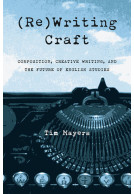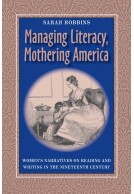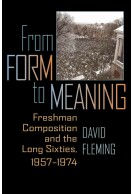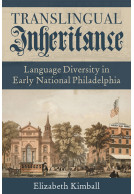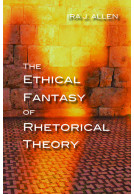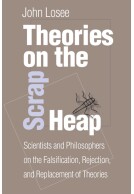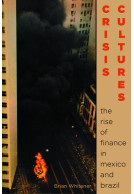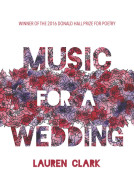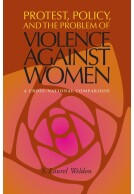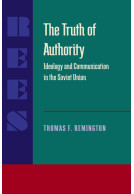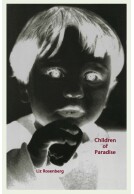Toward a Composition Made Whole (Paperback)
Imprint: University of Pittsburgh Press
Series: Composition, Literacy, and Culture
Pages: 192
ISBN: 9780822961505
Published: 30th April 2011
Script Academic & Professional
Series: Composition, Literacy, and Culture
Pages: 192
ISBN: 9780822961505
Published: 30th April 2011
Script Academic & Professional
This book will be reprinted and your order will be released in due course.
You'll be £37.00 closer to your next £10.00 credit when you purchase Toward a Composition Made Whole. What's this?
+£4.99 UK Delivery or free UK delivery if order is over £40
(click here for international delivery rates)
Order within the next 8 hours, 20 minutes to get your order processed the next working day!
Need a currency converter? Check XE.com for live rates
(click here for international delivery rates)
Order within the next 8 hours, 20 minutes to get your order processed the next working day!
Need a currency converter? Check XE.com for live rates
To many academics, composition still represents typewritten texts on 8.5\u201d x 11\u201d pages that follow rote argumentative guidelines. In Toward a Composition Made Whole, Jody Shipka views composition as an act of communication that can be expressed through any number of media and as a path to meaning-making. Her study offers an in-depth examination of multimodality via the processes, values, structures, and semiotic practices people employ everyday to compose and communicate their thoughts. Shipka counters current associations that equate multimodality only with computer, digitized, or screen-mediated texts, which are often self-limiting. She stretches the boundaries of composition to include a hybridization of aural, visual, and written forms. Shipka analyzes the work of current scholars in multimodality and combines this with recent writing theory to create her own teaching framework. Among her methods, Shipka employs process-oriented reflection and a statement of goals and choices to prepare students to compose using various media in ways that spur their rhetorical and material awareness. They are encouraged to produce unusual text forms while also learning to understand the composition process as a whole. Shipka presents several case studies of students working in multimodal composition and explains the strategies, tools, and spaces they employ. She then offers methods to critically assess multimodal writing projects. Toward a Composition Made Whole challenges theorists and compositionists to further investigate communication practices and broaden the scope of writing to include all composing methods. While Shipka views writing as crucial to discourse, she challenges us to always consider the various purposes that writing serves.
Other titles in the series...
Other titles in University of Pittsburgh Press...







